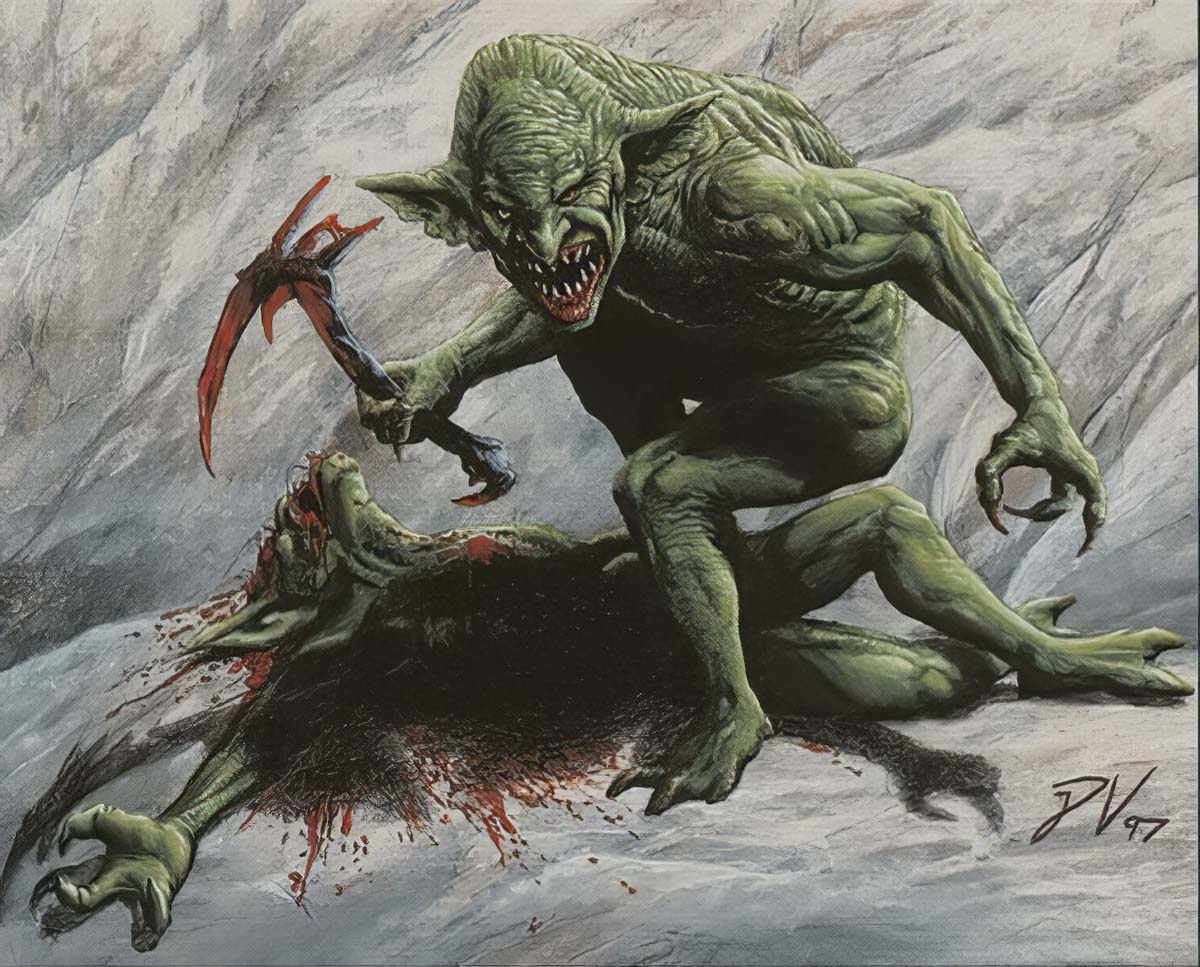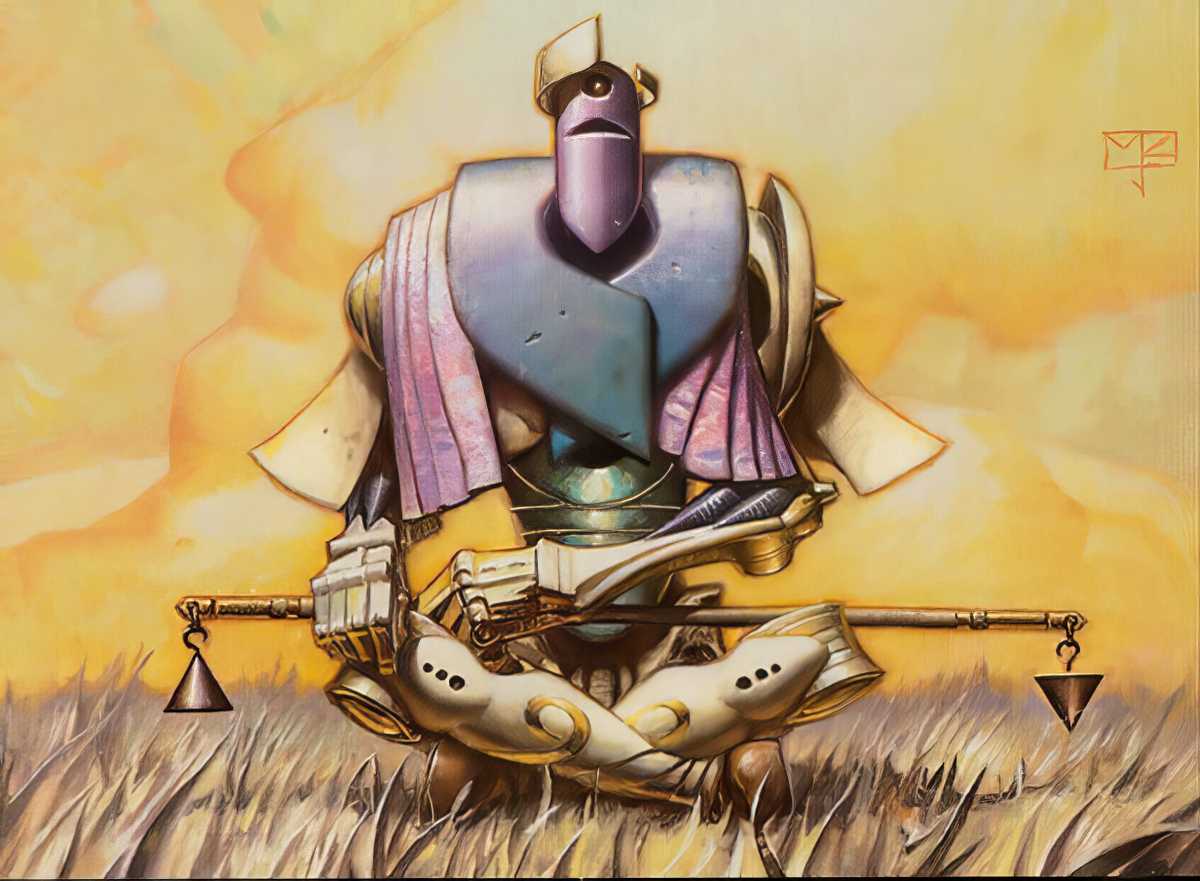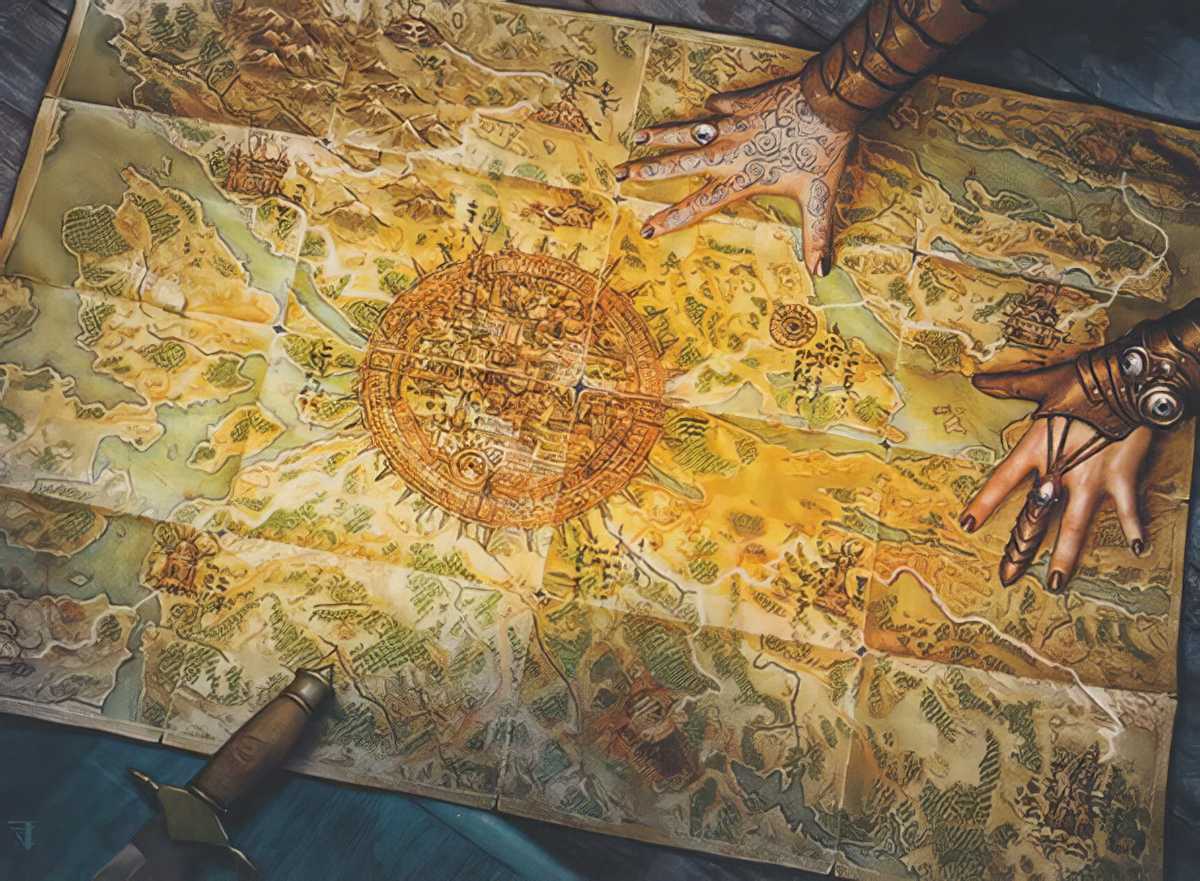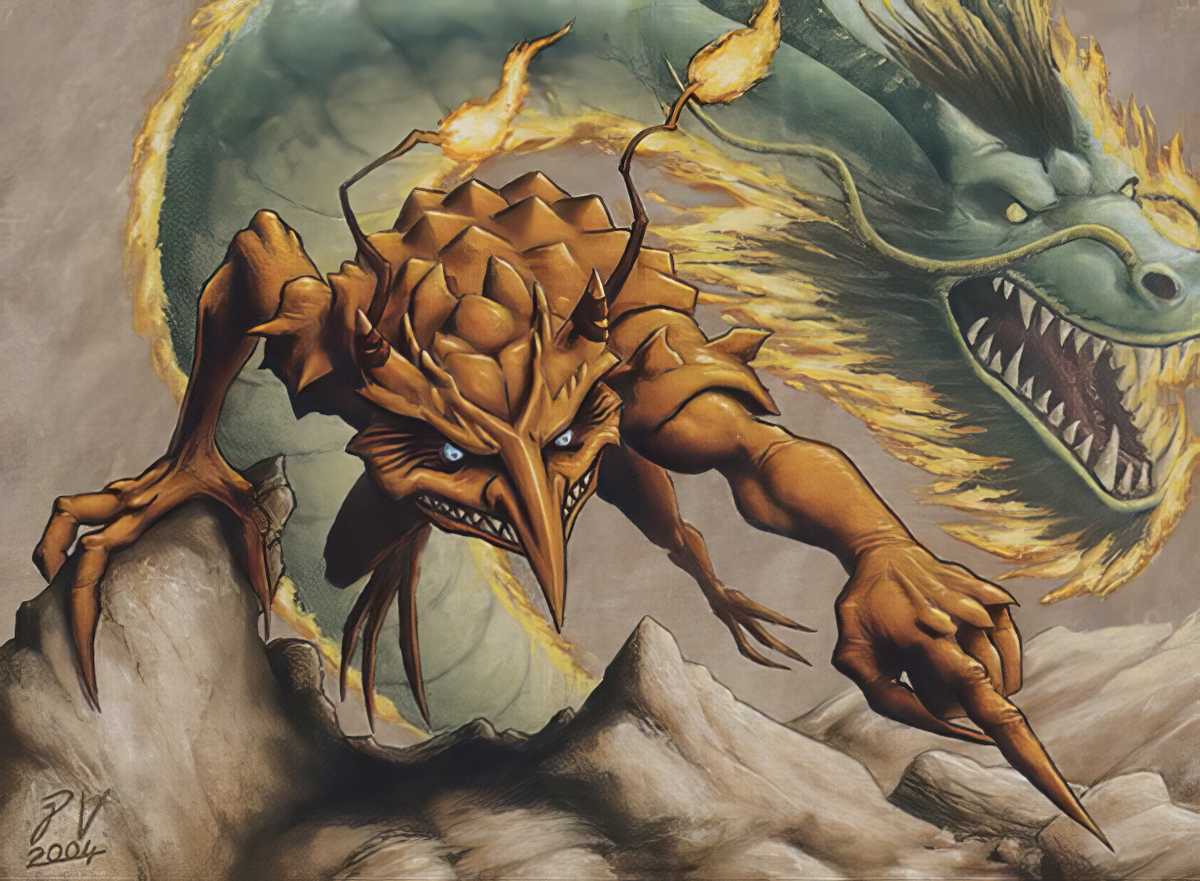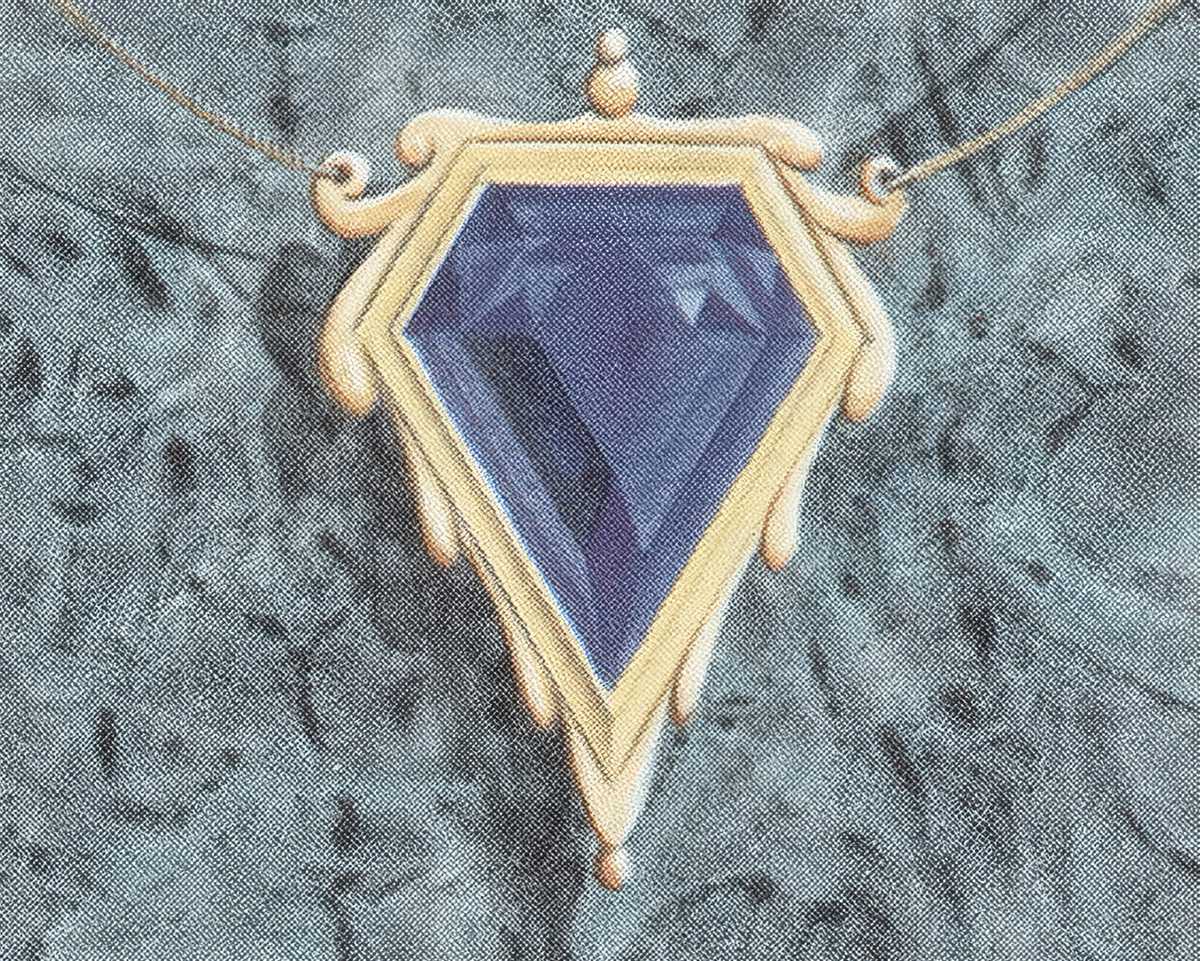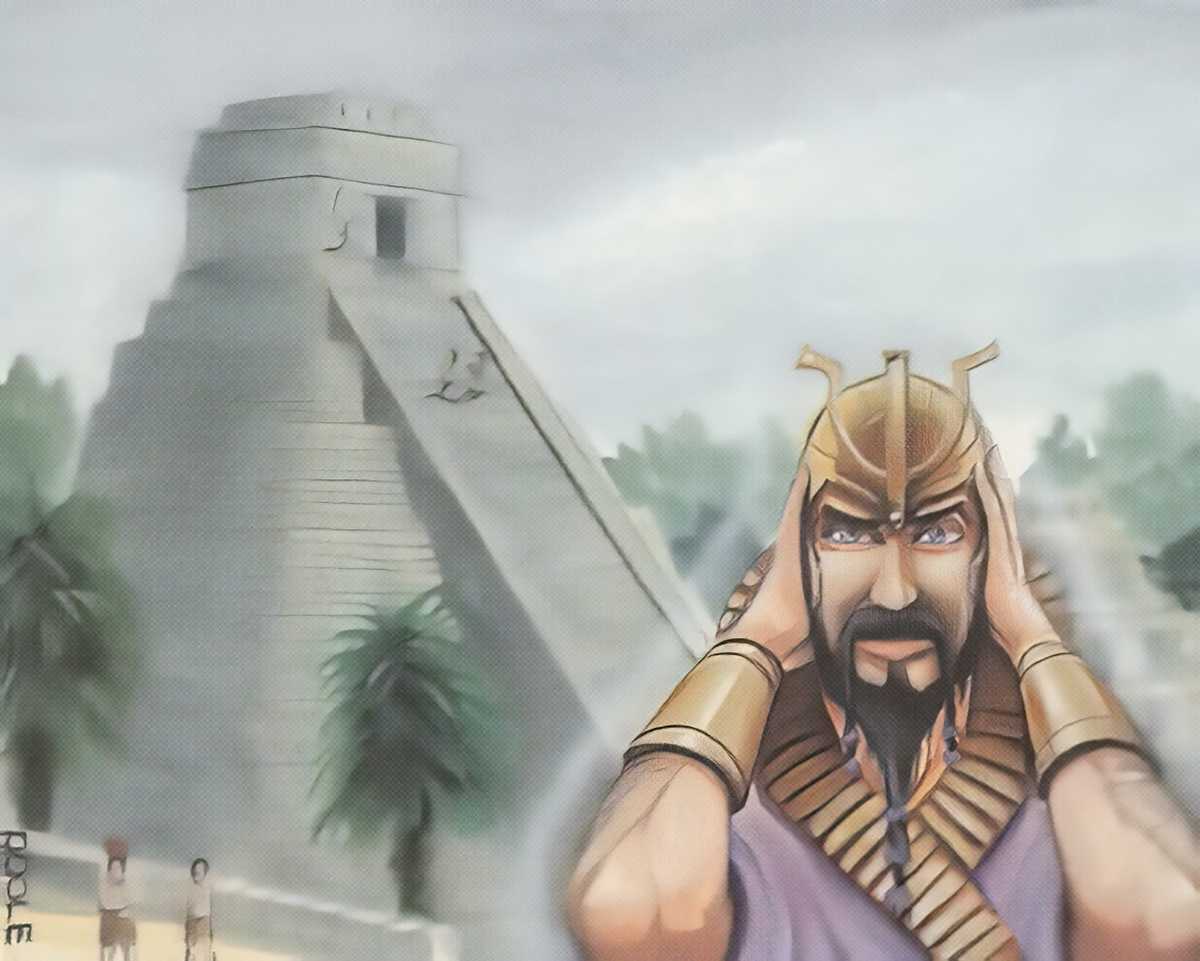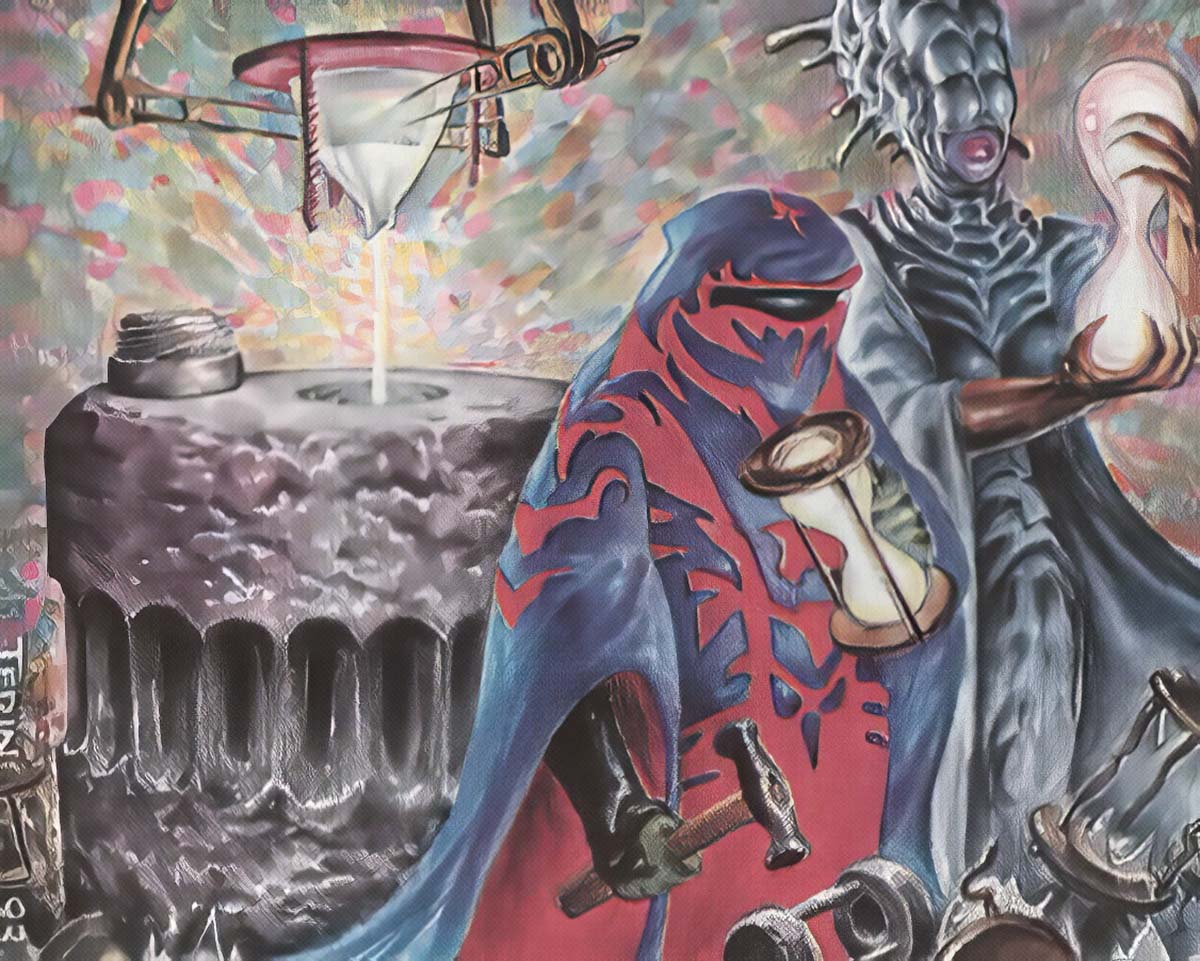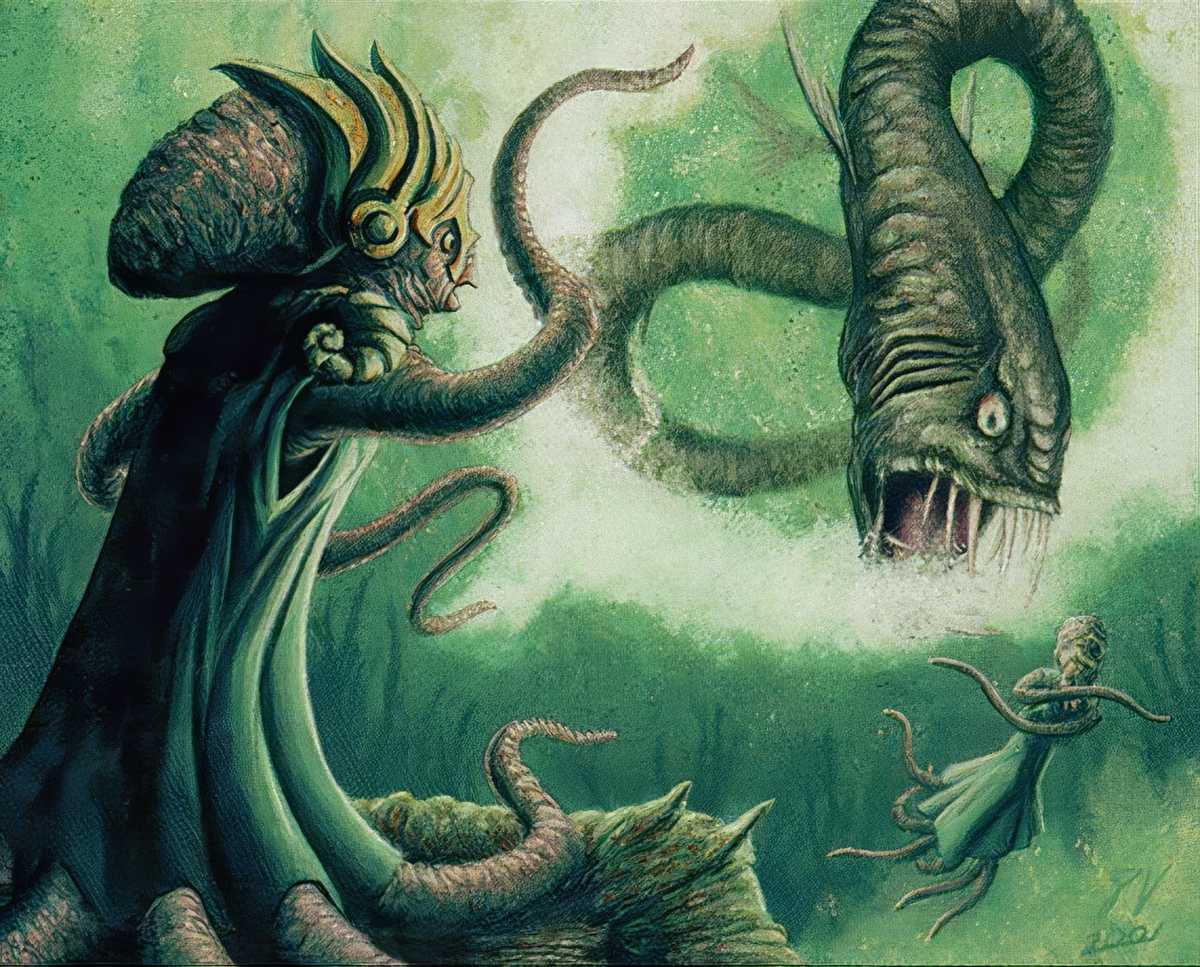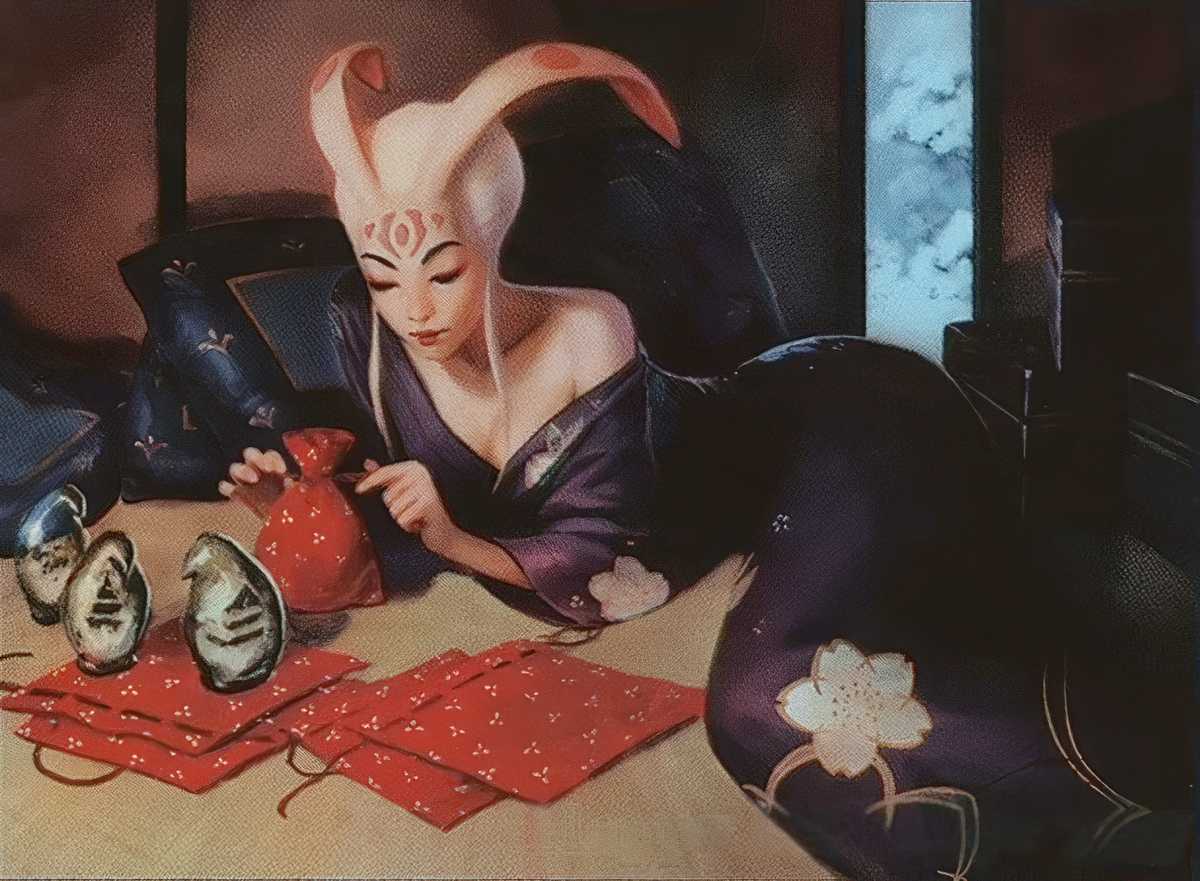Entomb
Tutors with cc1 are always under suspicion to be problematic. Since the release of Iona, Shield of Emeria, Entomb got a lot stronger. But Iona, is not the only reason for the banning. Since Entomb enables a random “turn 2 instant win” because of his capability to search the best creature (e.g. Sphinx of the Steel Wind, Iona, Shield of Emeria) in a specific matchup, makes it too strong. Furthermore WotC released a lot of insane-big creatures in the last sets and there are no signs that this trend will end. A third important reason is the appearance of entomb in other deck types which search Life from the Loam which is also a problematic card. So the majority of the council members come to conclusion to ban the card. Besides that the council decides to put Worldgorger Dragon and Protean Hulk on the Unban watch list which isn’t possible without the absence of entomb.
Mind Twist
Sometimes one black mana makes the difference. Mind Shatter doesn’t see any play but as expected Mind Twist were to be found in any deck which has access to black mana. The card doesn’t crushed the format but in a lot of games it influenced the game state a lot and keep one side from doing anything. The scalability of the card makes Mind Twist in every phase of the game really good. It was not rare to see a turn four Mind Twist which discarded the whole hand from the opponent with newer cards like Lotus Cobra. Combined with the trend that nearly every deck plays mana acceleration these day an early Mind Twist just ruined the whole “early game”.
Grindstone
It’s a common understanding that Grindstone and Painter’s Servant cannot both be legal. Since every deck can run this combo and a lot of decks can easily tutor for both cards and we don’t want to see a game-winning combo which just required 6 mana. So as the community asked for we decided to switch these both cards.
Survival of the Fittest
Survival is known as a problematic card and got a lot of attention in the last months. So we’ve put the card on the watch list to see how it will influence the format. Now we think the point is reached which force us to ban this card. Survival of the Fittest dominated the format in the last months and the meta get stucked. With the banning of Enlightened Tutor the council took care of cards which enable the whole Survival engine and started to ban around this strong card. We’ve also considered to ban Squee, Goblin Nabob but we’ve stopped at this point and banned Survival to make space for new decks which couldn’t be developed since they had a bad matchup against Survival decks. If we would have banned Squee, Goblin Nabob it would be replaced by Krovikan Horror (with enough mana this card produce a huge card advantage) or Gigapede (which replace “crap cards” + SotF into the good creatures and work also very good with wonder). So to solve this problem we’ve decided to ban the card. Other known reasons and valid arguments are:
- Loyal Retainer + Iona, Shield Emeria: Well known Legacy reanimator tech which is easy to implement in Highlander
- One card combo which can protect himself since it can search for the answers: Eternal Witness, Venser, Spellshaper, Mystic Snake
- Combo starter with cards like Body Double, Reveillark
- Most games which breached the 60 minutes involved a Survival deck
- The advantage a player gets by casting Survival lead often to a win
- Survival decks with a huge toolbox running always the same monotone routine:
- (Enable the Survival engine): Squee, Wall of Roots, BoP, Sakura Tribe Elder
- (Get the pressure from the table): Harmonic Sliver, Bone Shredder, Flametongue Kavu, search for answers
- (Stabilize): Kitchen Finks, Loxodon Hierarch, Lifegain
- (Finisher/ Answers): Doran, Baneslayer Angel, Rampaging Baloths, Mystic Snake, Venser, Spellshaper Servant
- Survival blocks the development of the format
- It generate a high frustration
We are aware that none of the reasons alone are enough to ban Survival of the Fittest but all together force us to remove this card from the format. The only option would have been to ban Demonic Tutor but we see that card as a vital source for the format. The diversity of Demonic Tutor is a enrichment and unlike Survival it doesn’t tends to result in Survival and Anti-Survival decks (like the tourneys in Dülmen und Iserlohn have shown) Besides that most of the creatures which are available for the Survival decks have a good Power/Toughness/Mana cost-relation and can fight on their own.
A short note on Enlightened Tutor; we don’t think that we can unban it since Oath decks could be a viable deck type again since their best answer (survival decks) are gone. Besides with the release of Rise of the Eldrazi a lot of alluring creatures will be accessible for this deck.
Power Artifact
Power Artifact + Grim Monolith/Basalt Monolith offer infinite mana for four mana. But to use it you need a third card like Stroke of Genius or Staff of Domination. So it’s a three card combo which can be “countered” by any enchantment/artifact removal. There are other combos (Aluren, Squirrel Nest/Earth craft) which can be easy achieved but weren’t too present so we don’t expect to see any dominating combo decks. We don’t unban it for a long time because we thought one of the best decks in the format, Staxx, don’t need another combo-kill but we’ll see if players find a way to include this possibility in their builds.
Some remarks on the bannings
As always this bannings will get acceptance and denial that is the nature of this procedure and we can’t change that. There are always good reasons for a decision and against it. So as everyone else the members of the council can just bring their own perspective to the discussion. It’s always a matter of consideration and balancing. So the council will continue his work for a viable alternative to the boring 4-of formats. In the upcoming season we will develop an official banning policy which can be used as an indicator for coming bannings.
The council is thankful for the constructive feedback from all players which help to develop the highlander format.

